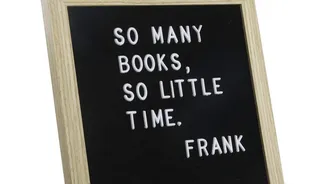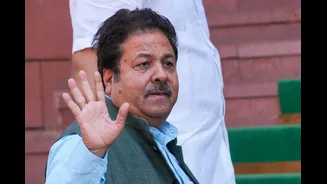Comedy's Critical Role
Comedy, in many ways, acts as a potent force for societal dialogue and critical analysis. Comedians, through their various performances, challenge conventions
and question those in power. They often use satire, parody, and wit to comment on current events and prevalent social issues. This form of expression has long held the ability to make complex topics understandable and accessible to a broader audience. The humor deployed can be a tool for criticism, highlighting hypocrisies and inefficiencies within systems of governance. For instance, political satire allows viewers to examine governmental policies and actions in a light often not seen through conventional media channels. By ridiculing those in authority or addressing sensitive subjects, comedians can spark critical thinking and inspire vital conversations. Comedy gives voice to those who may feel disenfranchised or unheard, ultimately contributing to a more informed and engaged citizenry. It fosters community among people, because laughter helps with the ability to collectively process and respond to different viewpoints.
Comedians Under Scrutiny
Throughout history, comedians have often faced scrutiny and criticism for their work, mainly when their content challenges established norms or powerful individuals. Such individuals often become targets due to the nature of their art, which by its nature often involves exposing uncomfortable truths and using satire, which does not sit well with certain audiences. Political satirists, in particular, are frequently the subject of debate and, in some cases, have experienced negative repercussions for their work. When comedians mock political figures or institutions, they can find themselves accused of being disrespectful or undermining those in authority. These types of reactions are an important part of the discourse surrounding comedy and free speech. It is worth noting that the freedom to make comedy, even when offensive to certain people, is an important aspect of protecting a free society. This constant push and pull between comedians' freedom of expression and the reactions to that expression is what enables comedy to be a force for commentary and reflection. The ability of humor to reveal deeper issues is what makes it one of the most important tools that a free society possesses.
Historical Significance of Satire
Satire has been a dominant and influential form of art throughout history, contributing significantly to social and political change. Going back centuries, writers, playwrights, and entertainers have used satire to critique the world around them. Plays, in particular, have long been used to make fun of the aristocracy or to make fun of the issues of the day. Satire's power stems from its ability to expose hypocrisy and injustice by using wit, irony, and exaggeration. In times of censorship or oppression, satire often gives people a means of speaking out and challenging power, sometimes helping spark social and political reform. The act of making light of powerful people and institutions is a key to having a free society. The history of satire, from ancient Greece to the present day, reveals its enduring relevance as a means of influencing public opinion, and providing alternative narratives. Through its capacity to combine humor and social commentary, satire inspires critical thought and encourages public debate, allowing for a more informed and engaged public.




















